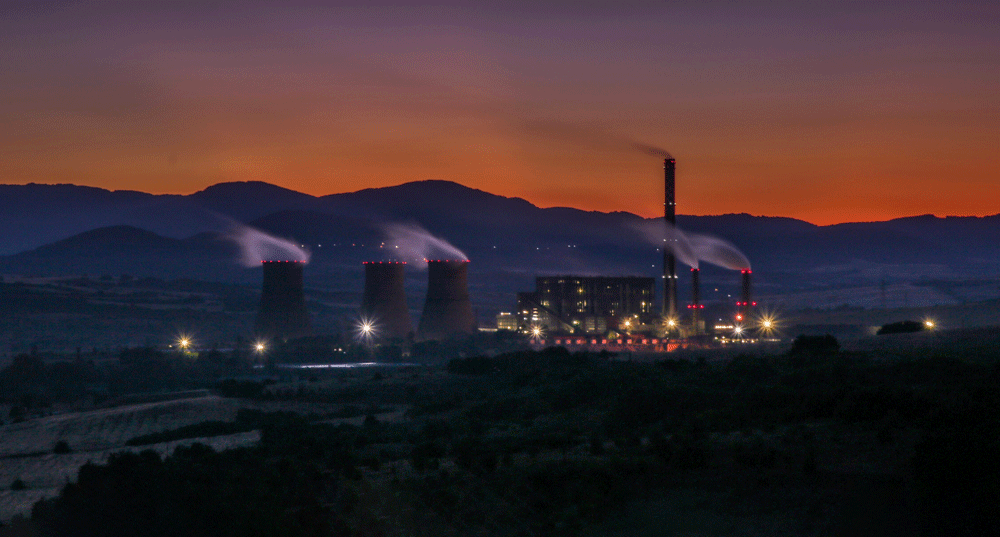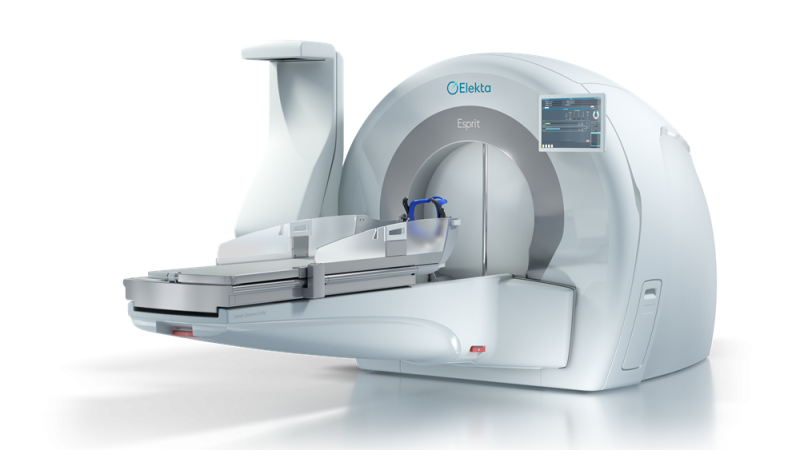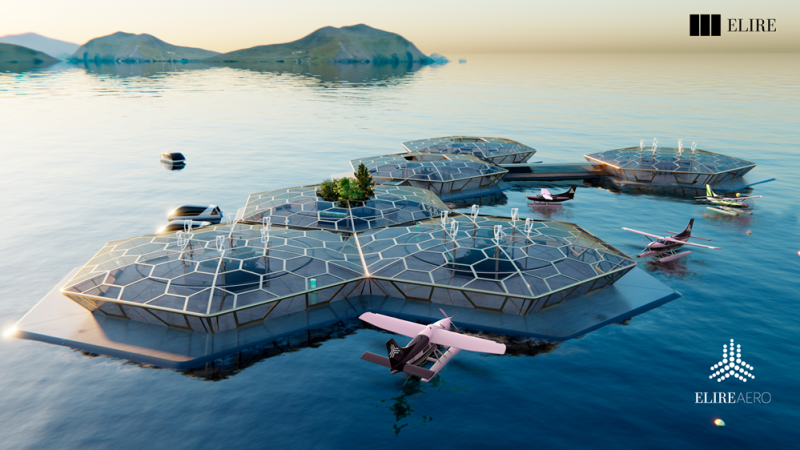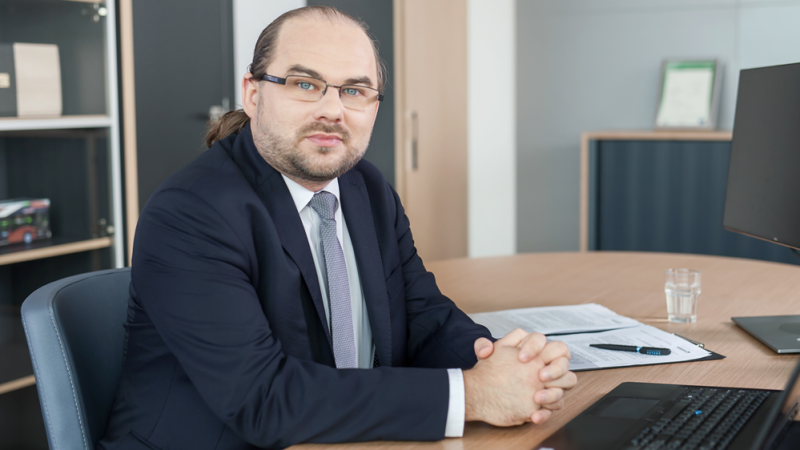For 35 years Lesedi Nuclear Services has been carrying out engineering projects as a full-service EPC. Its journey began in the nuclear power sector, as a contractor providing nuclear maintenance services at the Koeberg nuclear power facility, but from there it has grown and transformed to diversify its offering. Today, Lesedi Nuclear Services offers complex engineering solutions to its clients across a range of markets.
Its work can still be found in nuclear maintenance, plant life extension, safety analysis, and plant upgrades and modifications. However, the firm also has a strong presence in the area of renewables, including wind, solar, biomass and biofuels, as well as gas to power and thermal power solutions such as coal and heat recovery.
“Lesedi does not own our own technology,” points out Leon Van Wyk, CEO of Lesedi Nuclear Services. “We are an integrator and solution provider that bridges the gap between the technology companies and the end user. This is how we realise solutions that are not only sustainable but also cost effective.”
Engineering In-House
When we talk to Van Wyk, Lesedi Nuclear Services is expanding its industrial division further into sectors beyond power generation. In particular, the firm is focusing on mining and environmental compliance related initiatives.
“We are currently driving a decarbonisation initiative and helping companies formulate appropriate decarbonisation strategies that will enable the businesses of the future,” Van Wyk says.
Lesedi Nuclear Services has been able to expand into this many sectors because, unlike many of its competitors, the firm keeps its engineering capabilities in-house. The company’s extensive engineering capabilities allow it to reduce project risks from the outside.
“Almost all engineering, procurement and construction companies have their core competency in construction while outsourcing engineering,” Van Wyk tells us. “Lesedi turns this model around by having strong engineering capabilities of all disciplines in-house, allowing us to conduct detailed engineering work to realise complete solutions and reduce procurement and construction risks. We do this upfront to keep cost creep and schedule creep in hand from inception, avoiding surprises during execution.”
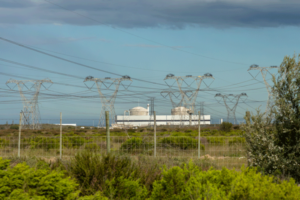 Working with Purpose
Working with Purpose
Van Wyk sees his mission as being about more than keeping down costs, however.
“We are focused on ensuring that we create value and enable South Africa to grow in various ways,” he tells us. “It is dear to what we are doing and in anything that we attach our brand to. We are proud to enable communities and better the lives of the people we work with. We create jobs, but more than that we lead by making a difference.”
Van Wyk acknowledges that all companies need to make a profit to persist, but he believes that is only the beginning of what Lesedi Nuclear Services is for.
“It is about having a purpose in life, and ours is to create clean and sustainable power generation for Africa,” says Van Wyk.
Of course, Lesedi Nuclear Services has encountered challenges in pursuing that purpose, both on a corporate level, and in terms of the engineering work it carries out.
“On the corporate side, prior to 2024, we were primarily structured as a single business, servicing a diverse market with multiple technologies,” says Van Wyk. “This year we restructured ourselves into five distinct business units.”
This restructuring brings two-fold challenges from within and without.
“The business landscape is changing, and if you are not careful you will lose certain well-developed skillets,” Van Wyk cautions. “We have restructured the business to increase our ability to focus better and provide more cost-effective solutions.
However, for many employees, the phrase “restructuring” comes with worrying connotations, and Van Wyk was quick to reassure them.
“If you mention restructuring people immediately think you are talking about reducing staff,” Van Wyk says. “But for us it was about stepping up and creating a more agile form of delivery. We are building a more inclusive model that lets us overcome significant challenges in the organisation. We wanted to get our people excited rather than worried about job security.”
Of course, Lesedi’s reputation is built on its ability to handle complex engineering challenges. But Van Wyk is quick to point out the importance of soft skills in executing a project.
“We were recently contracted to a project in Gas Sector where we needed to change our way of work from a strategic, but also a local community perspective,” he recalls. “When we took the project over it had not been structured well from a historical perspective. Decisions were made before we arrived on the scene created requirements we didn’t plan for, introducing a significant proportion of the local community and a number of other stakeholders into the project without our knowledge.”
This created a difficult and cost-prohibitive environment for the project. As Van Wyk points out, “The more stakeholders there are, the more complex and extensive the project is.”
To navigate these challenges, Lesedi created a Defined Involvement Program, and provided the local community with a platform to interface with the EPC provider directly.
“We managed the expectations of the local community, bringing them with us rather than working against them,” Van Wyk says. “A lot of companies are apprehensive about embracing local communities, but we take a different attitude. It was a significant challenge, but we were able to bring to bear the softer skills we needed to bring the community with us.”
In our conversation with Van Wyk, it is repeatedly clear how important he considers acquiring and preserving skills within the company.
“This is a critical focus area of ours. We build a strong brand, recruiting people that share our belief that work must be done for a greater purpose,” says Van Wyk. “By inspiring this in people, we can attract staff from the general resource pool. We believe strongly that Lesedi is not only a place of employment, but a platform to allow others to create through our projects.”
Through a combination of training programs, institutions and bursaries to allow staff to enter higher education, Lesedi enables people to become better at what they are doing.
“We also have a skills academy located in Atlantis where we train artisans to make them ready for primarily the nuclear maintenance work, but also for general construction work that we may undertake,” Van Wyk says. “Our goal is to make people as attractive to the external market as possible but remain the employer of preference.”
A Light Future
As Van Wyk points out, Lesedi Nuclear Services’ name comes from the Lesotho word for “light”, and the future of Lesedi certainly looks bright.
“We have just gone through a company reorganisation which will step up our readiness for the future by creating more defined business units with greater focus so we can deliver a more targeted approach,” Van Wyk says. “Our pipeline is healthy, and we are focussing on infrastructure development for South Africa and internationally. We are excited about the nuclear renaissance that is currently happening across the globe, and South Africa will have our own new build nuclear program shortly.”
Lesedi Nuclear Services is well placed in an exponentially growing market with strong technical skills.
“The current power generation infrastructure in South Africa needs to be replaced over the next two decades and it is a privilege to be part of this process,” Van Wyk says. “Our growth is enabling South Africa’s growth, and we strongly believe that our contributions are not only creating jobs, but also putting South Africa in a better position for economic growth.”
